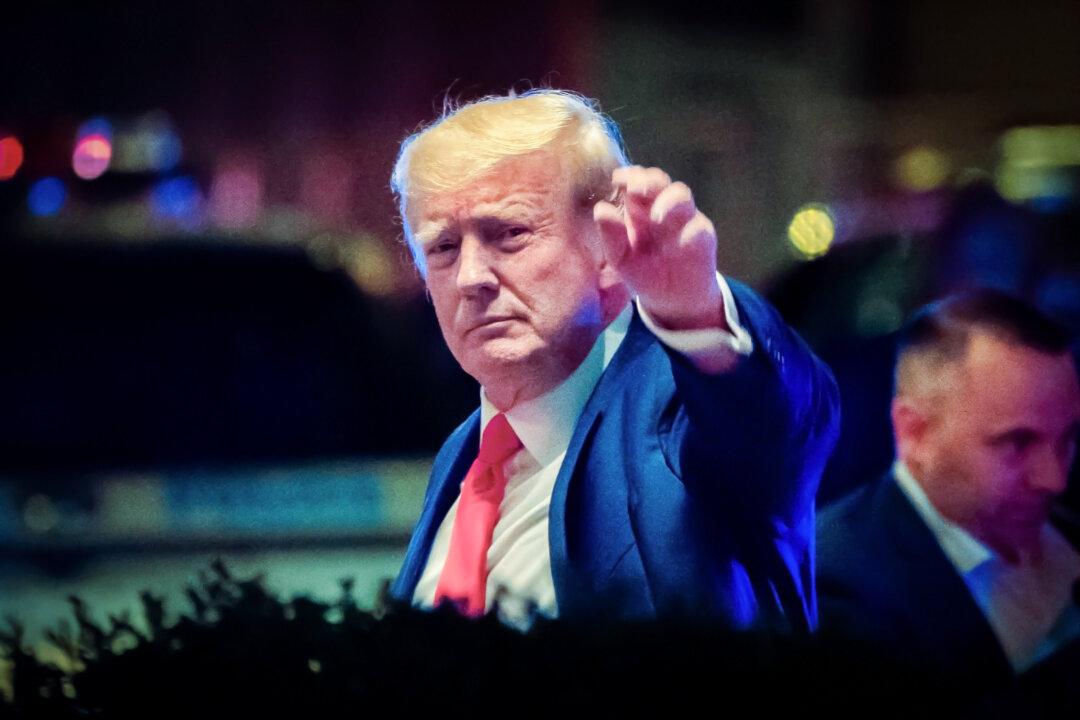By next month, the U.S. Supreme Court will have to make a decision on whether to take up a case on whether former President Donald Trump can be disqualified from running for office based on an interpretation of the 14th Amendment after a long-shot GOP presidential candidate filed a lawsuit.
The justices have until Oct. 9 to render a decision in the case John Castro v. Donald Trump. Mr. Castro, a Texas attorney running for president, claimed in his petition that the former president should be disqualified due to the Jan. 6, 2021, Capitol breach, invoking allegations that Mr. Trump partook in an insurrection against the U.S. government.





